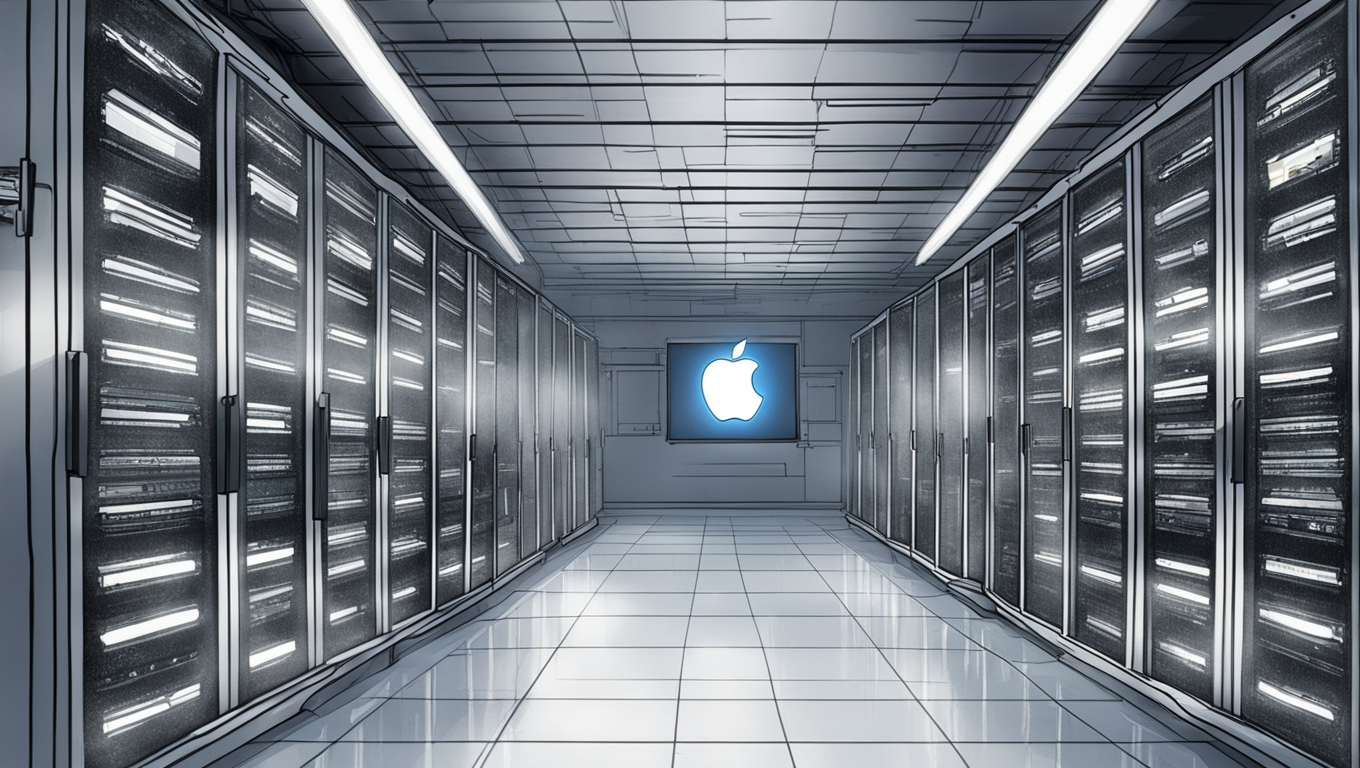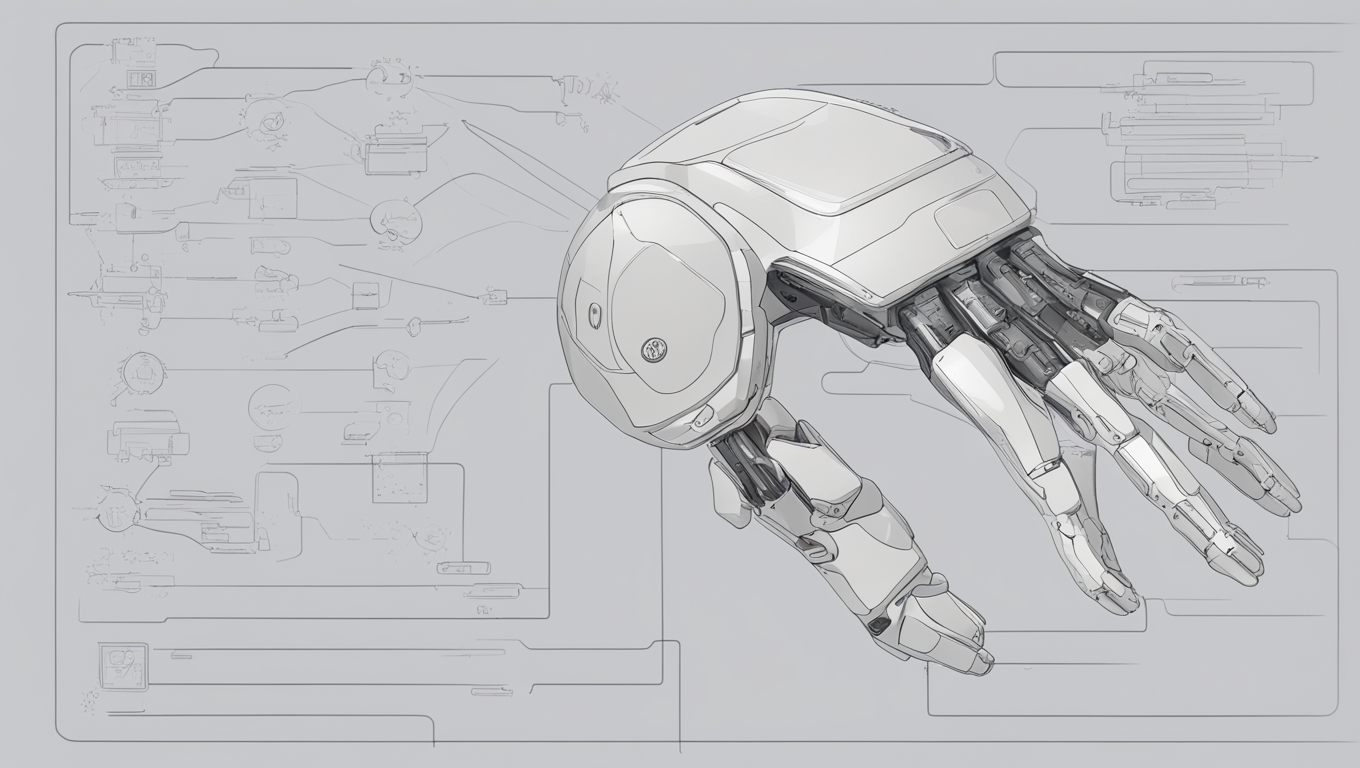During the unveiling of Apple Intelligence last week, Craig Federighi, Apple’s software engineering head, introduced a groundbreaking innovation called Private Cloud Compute (PCC). This service, which will be utilized for running specific generative AI models that require additional computing power, boasts a high level of security through outside scrutiny by security experts.
Federighi emphasized that PCC would undergo thorough code inspection, similar to Apple’s commitment to privacy on iPhones. He stated, “Just like your iPhone, independent experts can inspect the code that runs on these servers to verify this privacy promise.” Apple’s privacy commitment includes ensuring that user data is never stored on PCC servers and is immediately expunged from memory once a request is fulfilled.
In a subsequent blog post, Apple provided more details regarding the inspection process. The company plans to run PCC servers on a distinct version of its operating system software, allowing security researchers to examine it. Apple’s Security Engineering and Architecture teams announced that they would make software images of every production build of PCC publicly accessible for security research. Additionally, they will periodically publish a subset of the security-critical PCC source code.
Apple intends to use cryptographic attestation to ensure data sent from its devices is only received by PCC nodes running publicly listed software. By utilizing this method, Apple aims to reinforce its privacy and security guarantees. Although specifics about the server software remain undisclosed, it is known to be a derivation of the iOS and MacOS operating systems. The servers will run on Apple’s own computer chips, similar to those found in iPhones, iPads, and Macs.
The new operating system accompanying PCC is described as a “hardened subset” of the foundations of iOS and macOS, specifically designed to support large language model (LLM) inference workloads while presenting a considerably narrow attack surface. Apple plans to take advantage of security technologies already present in iOS, such as Code Signing and sandboxing, to bolster the system’s defenses.
Apple’s iOS and macOS operating systems are built upon a combination of open-source technologies, including the Darwin operating system and freeBSD, and closed-source system software developed exclusively by Apple. While the exact timeline for developers to access the new software is uncertain, Apple has stated that security researchers will have the opportunity to take a first look at it soon.
Apple Intelligence, including PCC, is expected to be available in the upcoming iOS 18 and macOS Sequoia releases. Although no specific timing was provided, a note on Apple’s developer site indicates that a beta version of Apple Intelligence will be available on the iPhone 15 Pro, iPhone 15 Pro Max, iPad, and Mac with M1 and later, with Siri and device language set to US English, in the fall.





Use the share button below if you liked it.